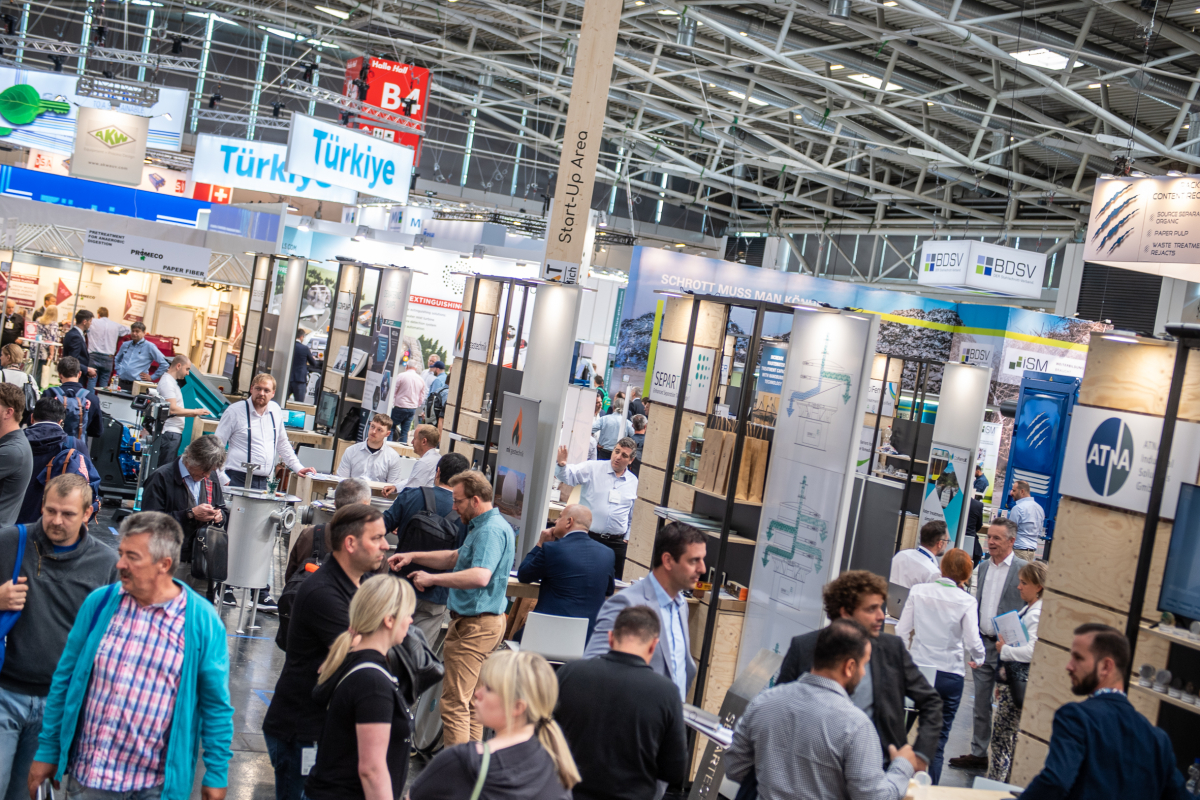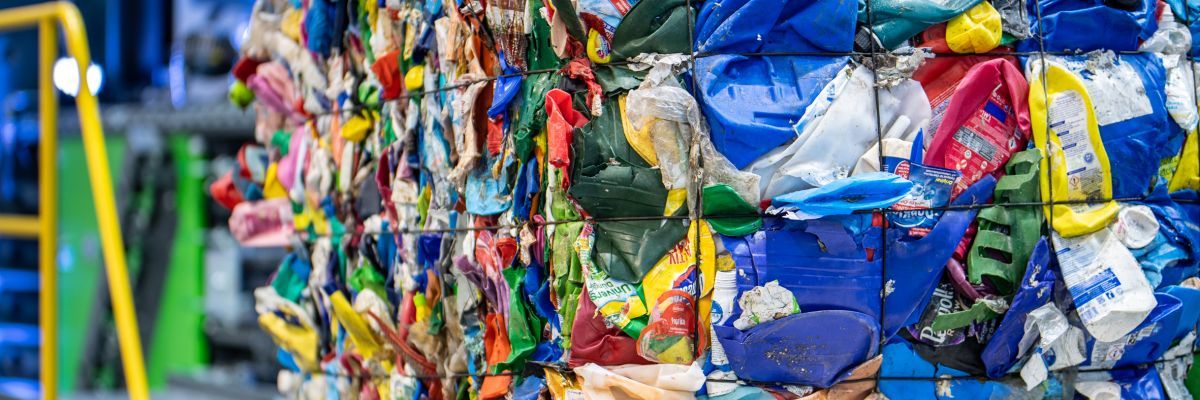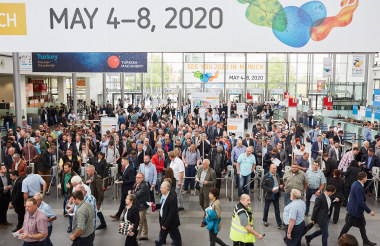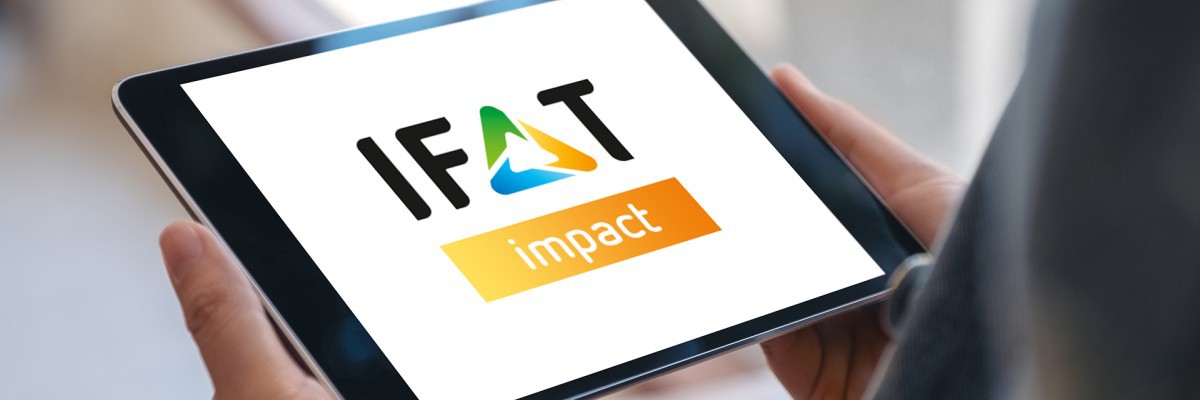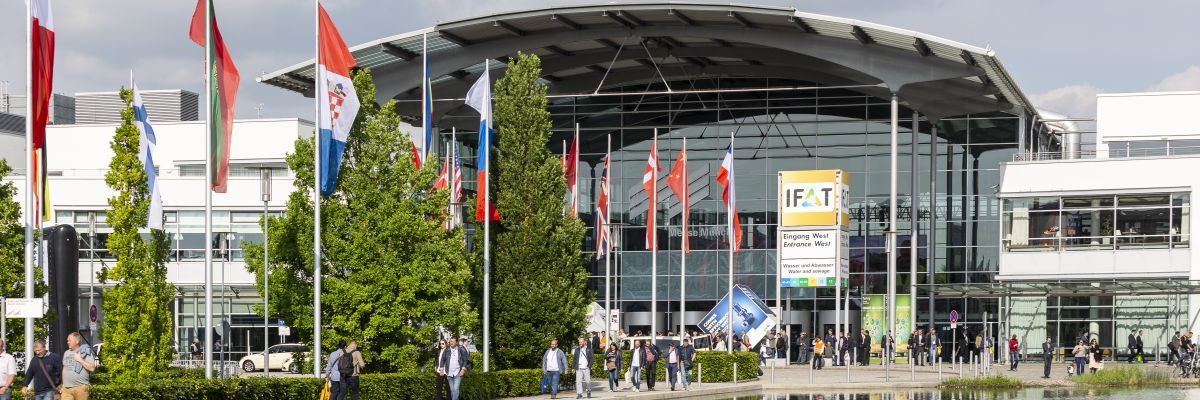20 top startups at IFAT 2018
04.05.2018- Trade fair provides innovation platform for startups
- Fresh ideas for the environmental sector
- Topics: Plastic recycling, autonomous municipal vehicles, and much more
Looking to the future with its new experience.science.future. platform, IFAT 2018 is giving startups within the environmental technology sector an international forum of their own for the very first time. With new ideas surrounding recycling multi-layered plastic packaging and operating autonomous waste collection vehicles, the World's Leading Trade Fair for Environmental Technologies will be revealing the 20 most promising innovations between May 14 and 18 at the trade fair center in Munich.
Stefan Rummel, Managing Director of Messe München, says: “As the world's largest trade fair for environmental technologies, IFAT is the perfect place to move forward with new business ideas. The aim of our new experience.science.future. platform is to create an innovation hub for the industry by bringing startups working on technology together with potential customers, partners, and investors.”
Recycling multi-layered plastic packaging
Among the companies represented at the trade fair, APK Aluminium and Kunststoffe AG will play a particularly pioneering role. The company has developed a chemical-physical process for recycling plastic waste that produces single-origin, new-quality plastics at low prices (Newcycling). This technology is of particular interest for the recycling of types of plastic that this was previously not possible for, such as multilayer films in packaging. Founded in 2008, the company now has over 65 employees and a 57,000 m² site in Merseburg, Saxony-Anhalt, Germany. Several plastic recycling plants in Europe and Southeast Asia are in the pipeline for construction by 2025.
Another relevant concept for the recycling industry is one that has been formulated by BNL Clean Energy Group, a company founded in 2010 and based in Cham, Switzerland. Among other things, the company builds power plants that generate emission-free energy from waste. The plants are based on an innovative “zero emissions, zero waste” method: Thanks to a patented catalytic reaction, all carbon is transformed into synthetic hydrocarbons. In liquid form, this can also be sold as a basis for synthetic fuels. Although it is impossible to completely avoid waste in liquid and solid forms, the company provides an option to recycle this waste in a BNL clean recycling plant and then process it into valuable chemical compounds (e.g. phosphorus or copper.)

